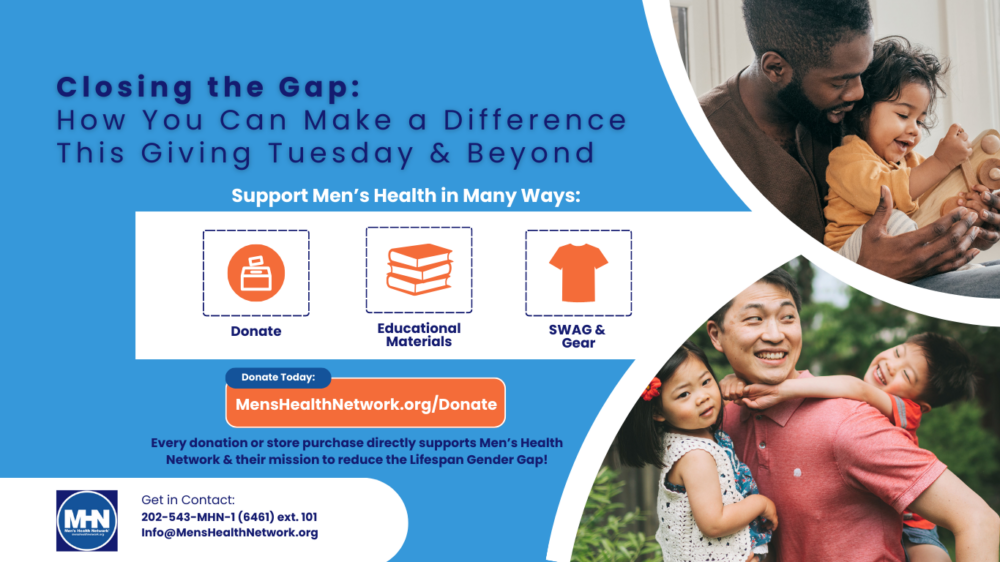Older people are always prime candidates for scam artists. Many times, they are alone and, when dealing with technology, may not be as savvy as those who are more familiar with online safety. No one wants to think about an older family member being taken advantage of, yet it happens all the time. However, explaining to an older family member how to stay safe without sounding like an overprotective parent or treating them like a child is tough. There are a few things that can be done in order to keep older people safe not only online but also on the phone and in person.
Electronic (email, malware, phishing) – Because a lot of older people don’t have a lot of experience with technology, they can easily be taken advantage of when they are online. When discussing online safety, you should be sure to explain the various ways that online sources can harm an older person – or a younger person for that matter. Most importantly, you must express that there is never a reason why they should give passwords or account numbers to anyone online – even if the email or website seems to be legitimate. Encourage older relatives to check out any suspicious emails by calling the “issuing” company for verification. Malware is harder to get around. Keep the anti-virus, anti-spyware, and anti-malware current and updated on the computers of older friends and relatives. Remind them that if they get a pop-up that asks for a credit card to fix it to log off and get a malware scan done. Download a good anti-malware program and have them scan their system weekly.
Telemarketers – Telemarketers count on older people not being able to hear as well or understand fast speech patterns as well as younger people. One of the best ways to protect your older family members is to have their phone number registered on the federal do-not-call registry which will eliminate most if not all telemarketing calls. Again, remind older friends and relatives not to give out account number or passwords over the phone, regardless of how legitimate the call seems. One way for an older person to keep themselves safe from phone fraud is to take the number of the caller, giving a reason why they need to call back, and then call them back. If the call is legitimate, the caller will give their number and will be available when your older relative calls back. If the caller won’t give a number or begins to pressure your family member, they should simply hang up.
Face-to-face pitches (door-to-door sales, dinner seminars, “friends” who made it big) – While most people know the dangers of door-to-door sales, older people tend to be targets for supposed retirement planning seminars where a free dinner or lunch is offered. If your older family member gets one of these invitations, ask them to check it out by calling the sponsoring organization. They should not be asked to pay for anything at this “free” event. Suggest that they tell the salespeople there that they want to take the information home to think about it. Another tactic that is used is for a peer to befriend an older person and eventually tell them how they made it big by using a particular investment service or retirement planner. Be aware of a new friend or peer spending a significant amount of time with your older family member or friend. Before your older family member makes an investment decision, you should recommend that they talk about the opportunity with a trusted financial advisor such as a person at their bank or credit union.
Identity theft – Identity theft, using another person’s information to open fraudulent accounts, make purchases, or drain their bank account, is a huge problem for everyone – not just older people. Impress upon your older friends and family members that they need to keep all account numbers and access to their accounts private. Show them how to get single-use credit card options to keep their account number safe if they shop online. Many older people are investing in identity theft protection, which may be a good investment as long as the company they are doing business with is legitimate. Any time someone asks for an account number or a password, advise your older friends or family members to immediately disconnect the contact without giving any information.
Older people have always been prime targets for scams and nothing has changed. However, the means and methods have changed to become hidden better and to work faster. To protect your older friends and family members remind them of two simple rules that haven’t changed over time – “if it seems too good to be true, it probably is” and “don’t tell everything you know.” If they follow these time-honored rules, they should be safe from scams and able to see through the flimsy explanations that are given to try to lure them in.
Lacey McMillan is a professional blogger providing information on law firms, attorneys and medical malpractice attorneys in Miami. He writes for BRG Law Firm, your best option for a personal injury lawyer in Miami FL along with many other practice areas.

